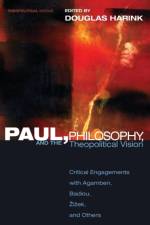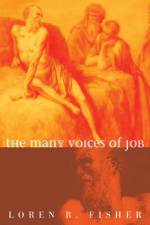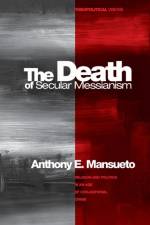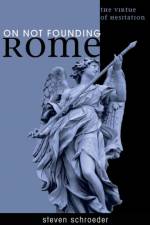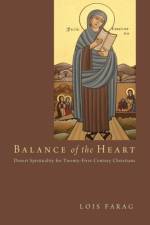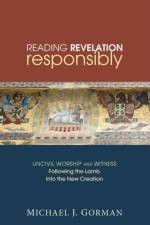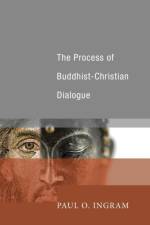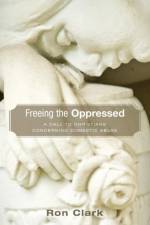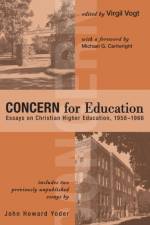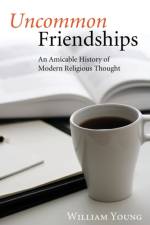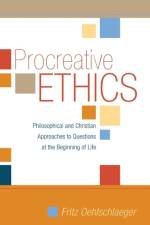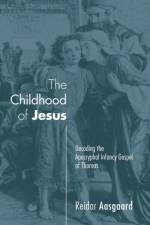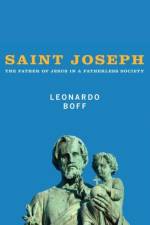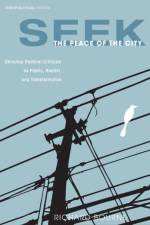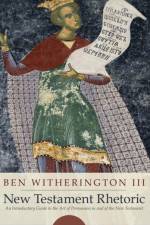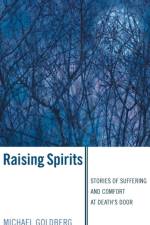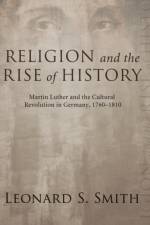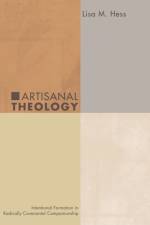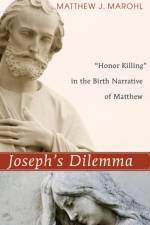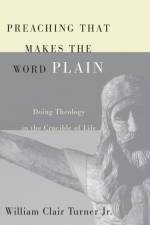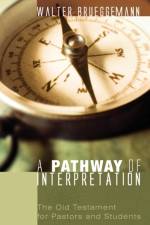769
The apostle Paul was a man of many journeys. We are usually familiar with the geographical ones he made in his own time. This volume traces others--Paul''s journeys in our time, as he is co-opted or invited to travel (sometimes as abused slave, sometimes as trusted guide) with modern and recent Continental philosophers and political theorists. Kierkegaard, Nietzsche, Heidegger, and Benjamin; Taubes, Badiou, Zizek, and Agamben--Paul journeys here among the philosophers. In these essays you are invited to travel with them into the regions of philosophy, hermeneutics, political theory, and theology. You will certainly hear the philosophers speak. But Paul will not remain silent. Above the sounds of the journey his voice comes through, loud and clear.""Is it good news that Zizek, Badiou and Agamben have refound Paul? I am not yet sure, since this may signal a new route into the Word or a new route out. Paul, Philosophy, and the Theopolitical Vision offers urgent instruction on how to keep this a route in. And that is very good news indeed. A powerful, brilliant, and urgent book!""--Peter Ochs University of Virginia. ""To the surprise of many, the apostle Paul has brought new energy to continental philosophy. But to date, the ''Pauline turn'' in contemporary theory has been rather isolated from scholars in biblical studies--where Paul is undergoing a different kind of reconsideration. Finally, this volume changes all of that, bringing together philosophers, biblical scholars, and theologians to assess and engage the ''postmodern Paul,'' intimating a Pauline revolution that not even Zizek could have dreamed.""--James K. A. SmithCalvin College""This collection of essays forms a front that takes on recent philosophical interpretations of Paul by the likes of Heidegger, Benjamin, Taubes, Badiou, Zizek, and Agamben with the best voices in contemporary theology and biblical studies. What you get is nothing less than a new composition of the very core structures that make up theology, critical theory, and biblical studies--indeed the humanities as such! In this way, these arguments enact a very Paulinean Event that stands toe-to-toe with philosophy''s greats figures in order to identify the truth of God''s act in History--The Scandal of the Incarnation!""--Creston DavisRollins College""In this wonderful collection of essays, an adept team of scholars, expertly marshaled and framed by Douglas Harink, engages with the intriguing conversation currently unfolding between the apostle Paul and certain modern European theorists. The result is a dialogue rich with insights flowing in both directions--from modern theory to new (or recovered) angles of illumination on Paul, and from the apostle''s charged texts back to the presuppositions and conceits of modern theory. That the view of Paul often pressed is ''apocalyptic,'' in the sense of drawing on the seminal work of J. Louis (Lou) Martyn, makes the analysis still richer. The result is a book that both educates and delights."" --Douglas A. CampbellDuke Divinity School ""There is a rich education to be had within these covers. On the one hand, the essayists offer crucial insights into what all the fuss is about regarding the philosophical rediscovery of the apostle Paul, and readers come to appreciate his varied fate in the hands of Taubes, Badiou, Agamben, and Zizek. On the other hand, these secular despoilers of Paul are themselves despoiled here, and Christian theology has set before it a wealth of provocations to better faithfulness and understanding. Taken together, these essays illumine the contours of the apocalyptic gospel of God at the heart of Paul''s own witness and make plain its import for contemporary political thought. Philosophers and theologians alike are well reminded--indeed well warned--of the dynamite they take into their hands when, in quest of a better human politics, they turn to Paul.""--Philip G. ZieglerUniversity of AberdeenDouglas Harink is Professor of Th

